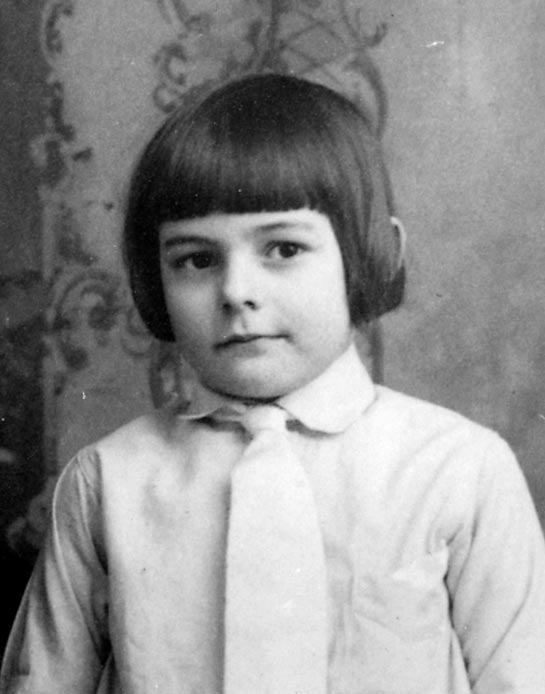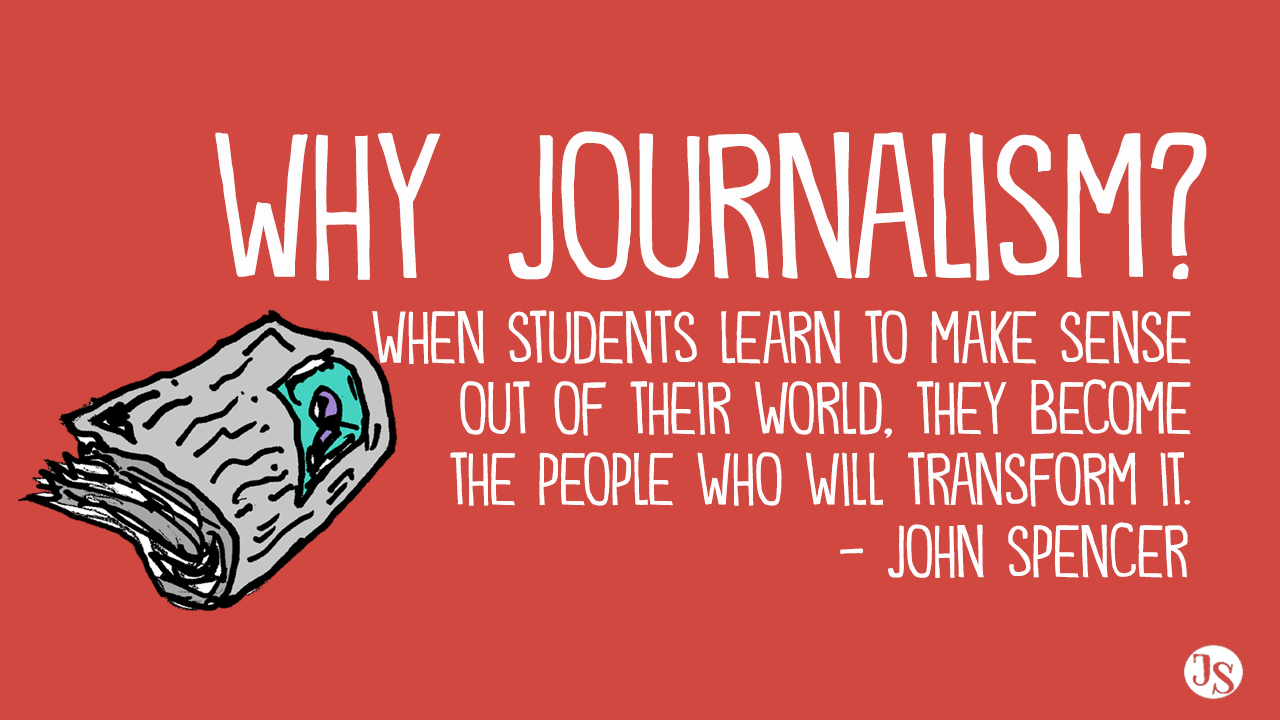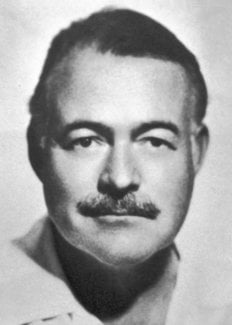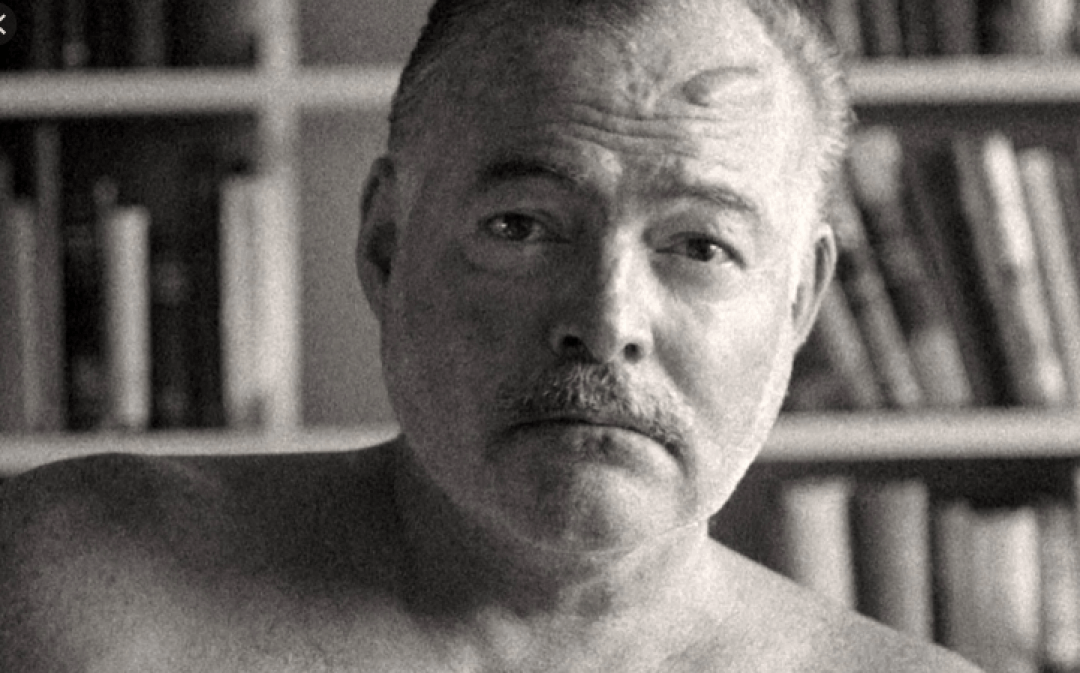ERNEST HEMINGWAY
 |
| Little Ernest Hemingway |
 |
| Early 20s |
Early life
Ernest Miller Hemingway was born on July 21, 1899 in Cicero, Illinois which is now
Oak Park, Illinois. Hemingway's parents were both successful. His dad was a physician and his mom was a former opera performer. Young Hemingway loved the outdoors. During the summer, he and his family would go to their lake house in
Walloon Lake Michigan.
In highschool, Hemingway started to develop his passion for writing. He wrote for both of his schools newspapers - Trapeze and Tabula, the yearbook. During his writing career in high school, he went under a specific pen name - Ring Lardner Jr.
Although Hemingway didn't end up going to college, he went to Kansas and started his writing career. When America got entered WWI Hemingway wanted to enlist in the war, yet he wasn't physically eligible. He still wanted to connect ties and help out - Hemingway's efforts were to help out with the American Red Cross.
Writing Career
Hemingway's writing and journalist career covered most of the 20th century. His works were around the mid 1920s to the mid 19150s. Hemingway wrote short stories and poems. His first publishing work was
Three Stories and 10 Poems while his last one was
True at First Light. Most of Hemingway's stories encapture his unique experiences and interests. For example, most of his work portrayed soldiers ad hunters. He liked to show the ways people live in the modern society at the time.
In May of 1953, Hemingway won the Pulitzer Prize in response to his book The Old Man Sea. He found out he was the winner when he was on a ship for personal leisure.
Mental Health
According to
The National Library of Medicine, Hemingway had a variety of mental health disorders. Although he battled these conditions, to a sense, it allowed him to become even more successful in writing. Hemingway battled with the following: severe depression, paranoid delusions, alcoholism, and hemochromatosis. Out of the following conditions, the hemochromatosis, by far was the most significant. Hemochromatosis is a genetic iron metabolism disorder that has the symptoms of fatigue and memory loss. Hemingway's family struggled with mental health issues. His father, sister, and brother, included himself, committed suicide. At the time of Hemingway's "death", his wife,
Mary Welsh Hemingway, swore his death was accidental suicide. Hemingway was "cleaning" his gun when he passed away. Due to his past family circumstances, the accidental death wasn't believable.
Journalistic Hero/ What We Should learn From Hemingway
Hemingway was known to be a journalistic hero by paving the way for how an ideal journalist should write. Everytime Hemingway wrote he made sure he kept things descriptive yet concise. There are several things current and upcoming journalists can
learn:
1. Be concise
2. Don't write when you're not in the mood for it
3. The best edit may be a rewrite
4. Listen to others
5. Don't rush life
Life and the media industry is such a fast paced environment, I feel like we all forget to take #5 in consideration. Specifically for my generation, we don't do #4 enough. We always think we know everything which leads us to the mindset of not really listening to others who have the experience.
In all, learning about Hemingway has been a valuable experience for my journalism career and as a person.





